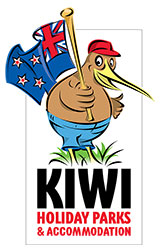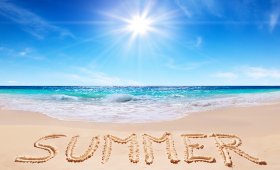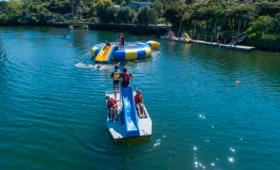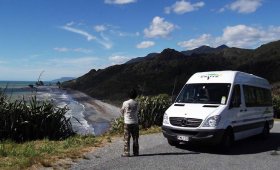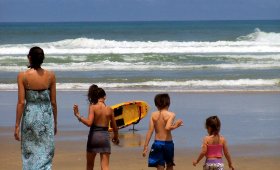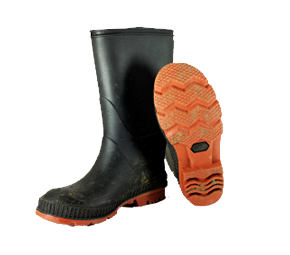New Zealand Laws You Need To Know About
Visiting other countries is an exciting experience, and everyone wants to have a great time when they visit. It is essential and respectful to obey a country’s laws, even if they may be different from those in your own country. Nothing makes a trip worse than being arrested or fined, even if it is just a misunderstanding.
We at Kiwi Holiday Parks want to ensure all of our friends and guests are safe, happy and comfortable while visiting our wonderful country. While it’s important that you do your own research as well, we’ve created this guide to some of the laws in New Zealand that you may encounter or that you may be unfamiliar with.
Entering New Zealand
To keep our country clean and green, there are strict controls at the border to ensure people arriving aren’t bringing anything that could be harmful to the people, animals or environment here. Even dirt on shoes can contain dangerous bacteria that can cause a lot of damage. Ensure shoes are clear of dirt or mud and check bags for any insects that may have crawled in. Only sealed, unopened food may be brought in with you.

Driving
The speed limit for many open roads and highways in New Zealand is 100 kilometres per hour (62 miles per hour) though due to the windy nature of many of them, the average travel speed is generally lower and it can take longer than usual to drive between certain destinations.
We drive on the left side of the road – if you are used to driving on the right, practice on some quiet roads before heading into busier areas or book a driving lesson. When travelling, you may come across road works, accidents, parked school buses or stock crossing the road. Take care when passing or driving through; the legal speed limit when passing by accidents and parked school buses is 20 kilometres per hour (12 miles per hour) and listen to instructions by emergency services personnel, road workers or farmers managing things on the road.
It is illegal to use a cell phone while driving. Also important to note is that for people over 20 years old, the legal alcohol limit is 250 micrograms per litre of breath (as of 1st December 2014), while the limit for under 20 years old is zero.
Children seven years old or younger must sit in approved car seats. Even though they may be older than seven, the general safety rule is that they must sit in a car or booster seat until they are taller than 148cm (4 foot 8.5 inches) – the minimum height for optimal safety while wearing a seatbelt.
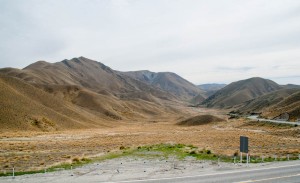
Alcohol, illegal substances and guns
The legal age to purchase or consume alcohol in New Zealand is 18, and the only acceptable forms of identification allowed are any current passport, a current NZ driver’s licence or an HNZ 18+ photo ID card. It is illegal to purchase or supply alcohol to people under 18 years of age. Alcohol bans are in place around the country (usually in central business districts or around schools) which mean that anyone drinking or carrying open alcohol in these areas can be fined or arrested.
Along with many other countries, the use, possession, cultivation or trafficking/dealing of illicit substances including cannabis/weed is illegal in New Zealand. Strict gun control is enforced. Only those with a current firearm licence/permit can own and use firearms. The main use of firearms in New Zealand is hunting, which is a popular past time.
Religion and marriage
Everyone in New Zealand has the right to freedom of religion and belief and on the 19th of August 2013, same sex-marriage became legal. New Zealanders are generally very open and accepting of all religions, beliefs and preferences – we were the 15th country to legalise same-sex marriage and the very first to allow women to vote.
Staying safe
While New Zealand is a relatively safe country, always exercise caution when out after dark, especially if you are by yourself. Stick to well-lit areas where there are a number of people. Hide any valuables and lock your car, campervan or cabin if you are venturing away, even just for a few minutes. Staying at a Holiday Park is always a safer option than freedom camping. Kiwi Holiday Parks are well lit with many extra precautions taken such as 24 hour onsite staff, security gates and security cameras to ensure your safety. When cycling, ensure your lights are on at night and always wear a helmet. Use all marked pedestrian crossings, and always check both ways before crossing the road.
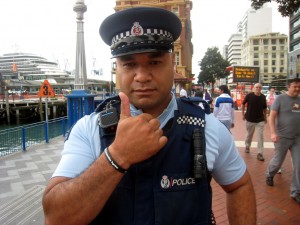
If you are injured in New Zealand, even if you’re just traveling through, you will usually be covered by the Accident Compensation Corporation (ACC). While they do not cover illness and are not a replacement for travel insurance, most or all of your medical expenses will be covered. For example: Jenny broke her leg while skiing. During her time in hospital, she had to have an x-ray and surgery. The doctor looking after Jenny helped her make an ACC claim, and Jenny was delighted to find out that ACC would cover most of the cost of her ambulance trip and hospital stay, while her travel insurance covered the rest. Find out more about ACC for travellers in this informative brochure.
If you are ever in need of the emergency services, the New Zealand emergency number is 111.
We hope this guide has been helpful, and wish everyone a safe, legal and happy trip.
Photo credits:
Plane taking off by Newsbie Pix, CC-BY-2.0
Great view by Jocelyn Kinghorn, CC-BY-SA-2.0
Quay Street by Bruce Tuten, CC-BY-2.0
